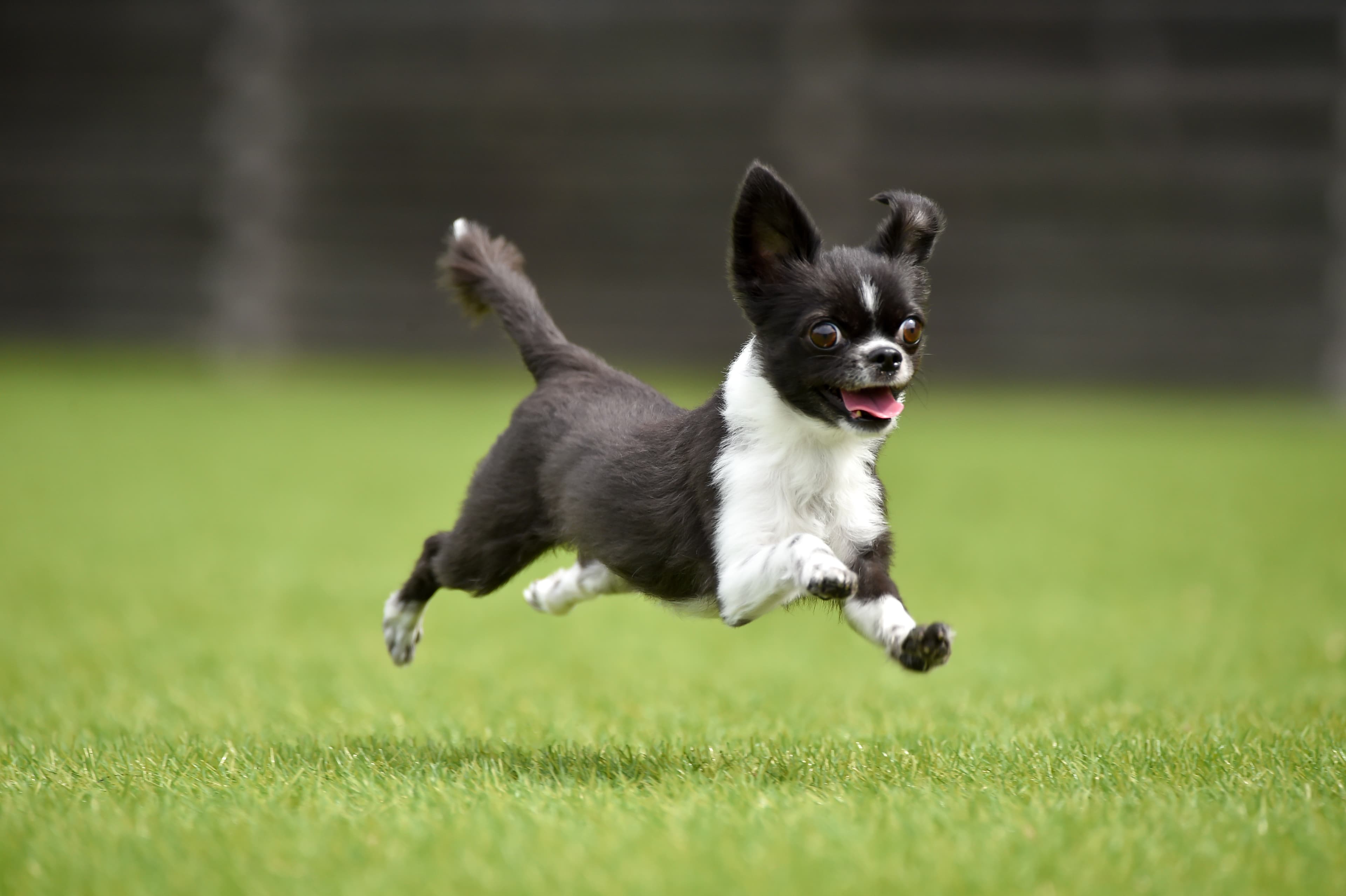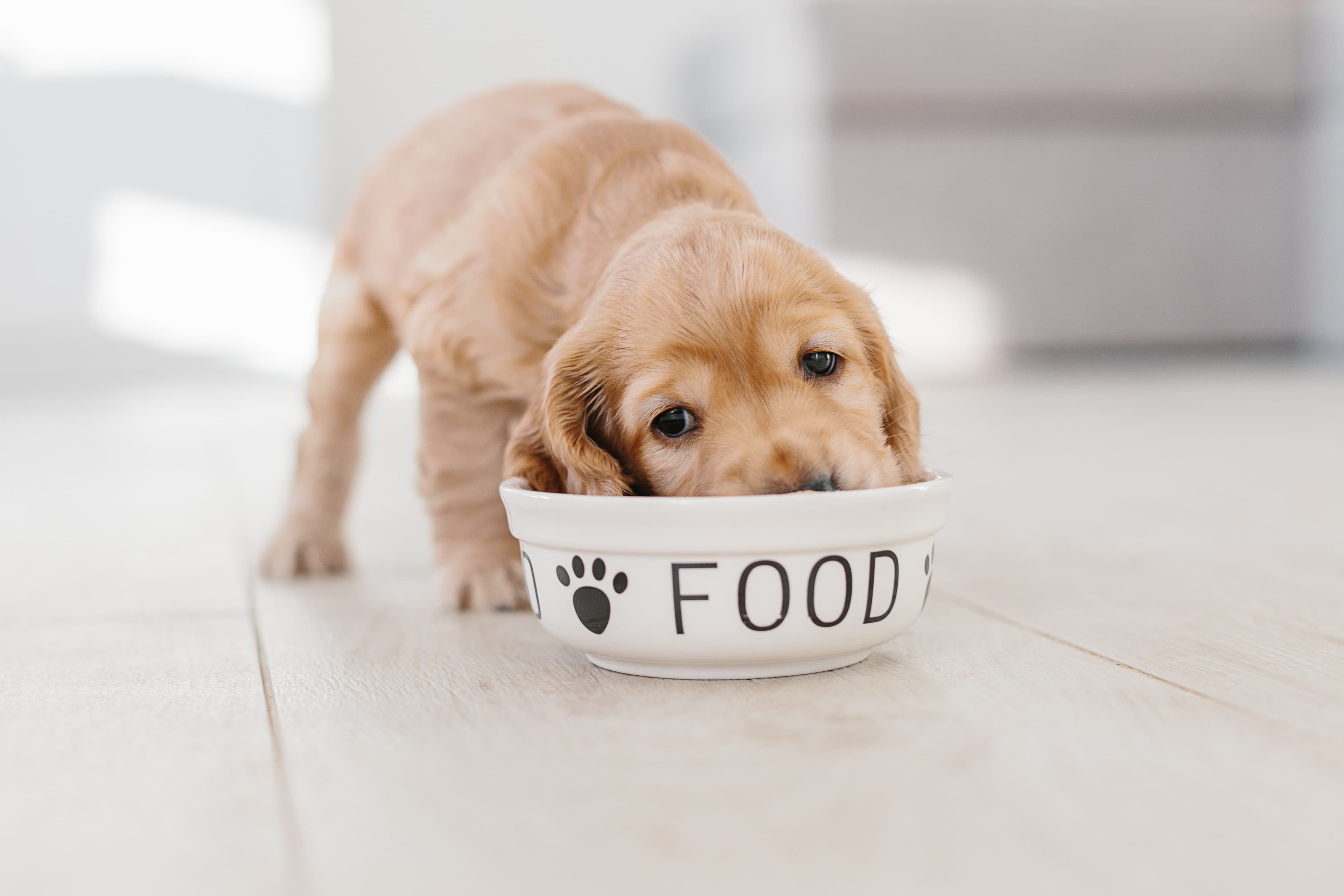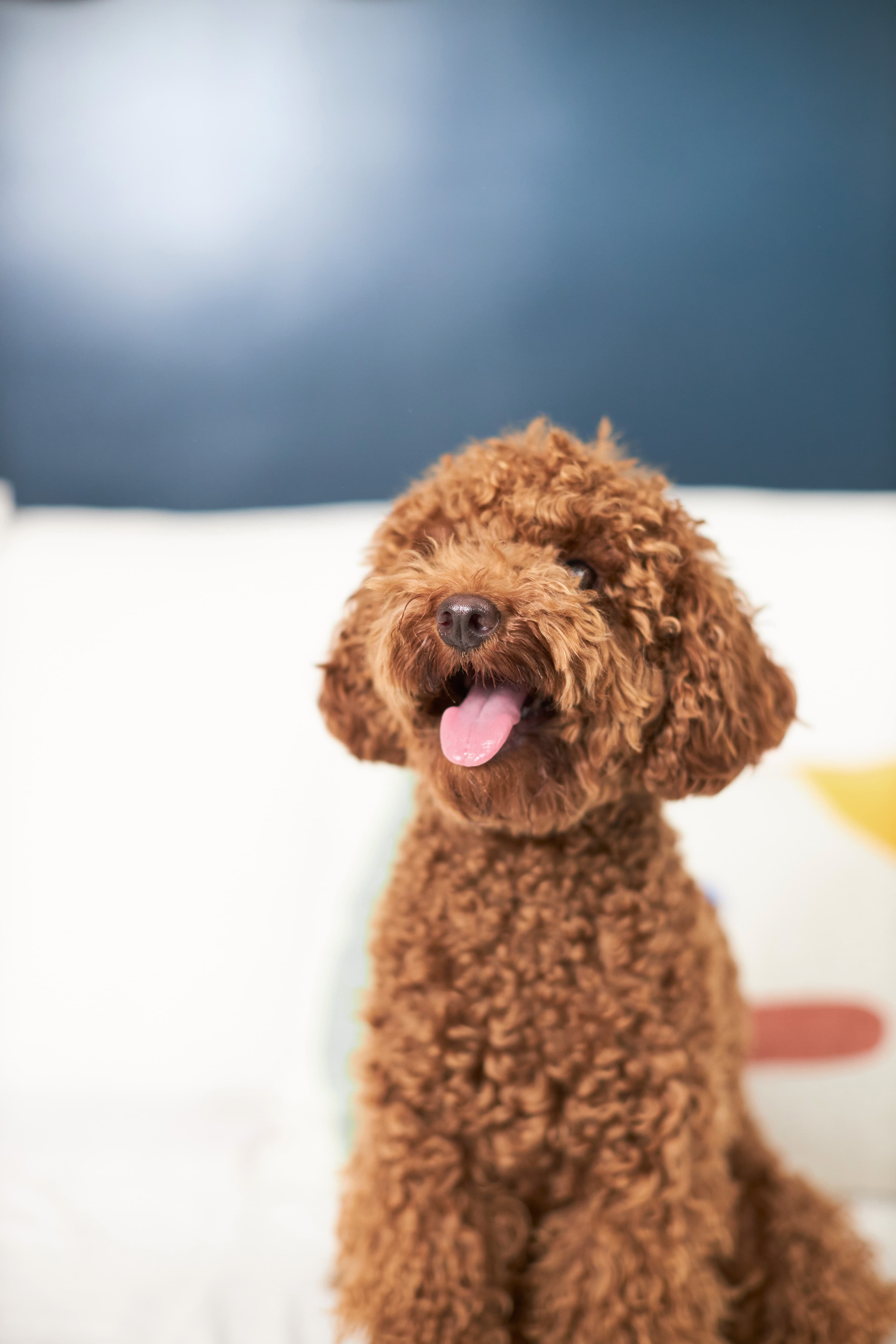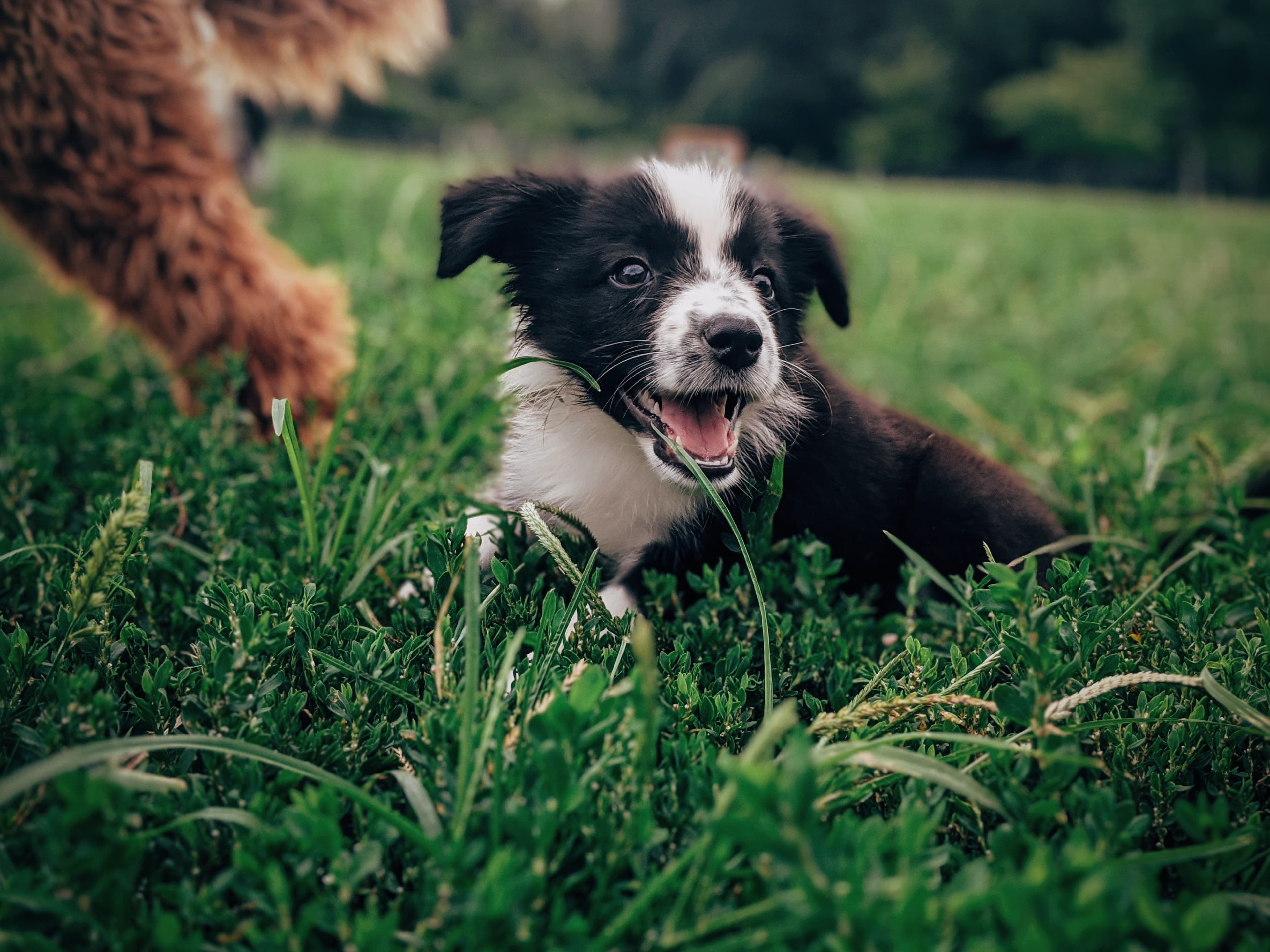What to do when your puppy is running around and can't settle
Puppies, in particular, can sometimes get the zoomies – a burst of energy that often happens when they're overstimulated. This means they've had lots of input and haven't had a chance to process it all before the next thing happens. Their heart rate and breathing speed up, and they might pant more. If their tongue is tense – you can tell if the tip is curled or it's not hanging loosely – that's another sign of stress.
For the puppy, moving from its mother and siblings to a completely new home, with new people, new places and new things, is a big adjustment in itself. There is a lot going on every day - the puppy processes this through rest, recovery and undisturbed sleep. In the absence of this kind of processing, puppy chews are an alternative that helps the puppy stress out and run off excess energy. In this way, the puppy can then eventually calm down, settle down and relax, and in turn allow the body to recover properly.
Combating overexertion - here's how!
Your puppy relies on you for behaviour, habits and actions - what you say, do or show, your dog will adopt and learn from. This means that as a dog owner, you are responsible for your dog's development, especially as it grows up. This in turn can have an impact on your dog's behaviour as an adult. So if you don't give your dog the opportunity to recover as it needs to, this can have more than just short-term consequences such as overexertion. They can also become noticeable later on. However, a good start is to try to prevent stress. But how do you do that? Here are some tips!
The cause of the behaviour
First try to understand what is causing the dog's behaviour. Remember that overstimulation or stress occurs when the puppy is overstimulated. You can avoid this by reducing the stimuli to which the puppy is exposed. You can do this by limiting encounters with people and other dogs. Not everyone needs to greet and pet the dog, visits to the house should be infrequent, playtime on the dog run should be kept to a minimum and walks should not be stressful. The puppy must also have its rest - undisturbed rest breaks and sleep according to its own needs.
Teach your puppy to be calm
Another good tip is to help the puppy relax when he is stressed. Showing that you are there, that you can help and that you are a safe pair of hands will significantly improve the puppy's mood. You will replace the mother's reassurance. You can let the puppy play for a while, but avoid rushing him and causing more stress. Treats, teething- and activation toys can help the puppy to calm down. Allowing the puppy to lick, search and work can have a calming effect, depending on the puppy's own needs.
Something that can help calm the puppy down is if you actively step in to help. This can be done by hugging, massaging and petting with long, caressing strokes. Don't keep a tight, firm grip on the dog, but make sure you show that it is safe in your arms and that you will help it with your calmness.
Get the puppy time for rest
Trying to give your puppy routines is incredibly important. Both in terms of sleep, rest and recovery. Helping the puppy to associate a particular place as 'the dog's place', such as a dog bed, the sofa or a particular place in the bed, will help to encourage calmness. Train this behaviour and reward when the dog is calm, collected and in the right place.






